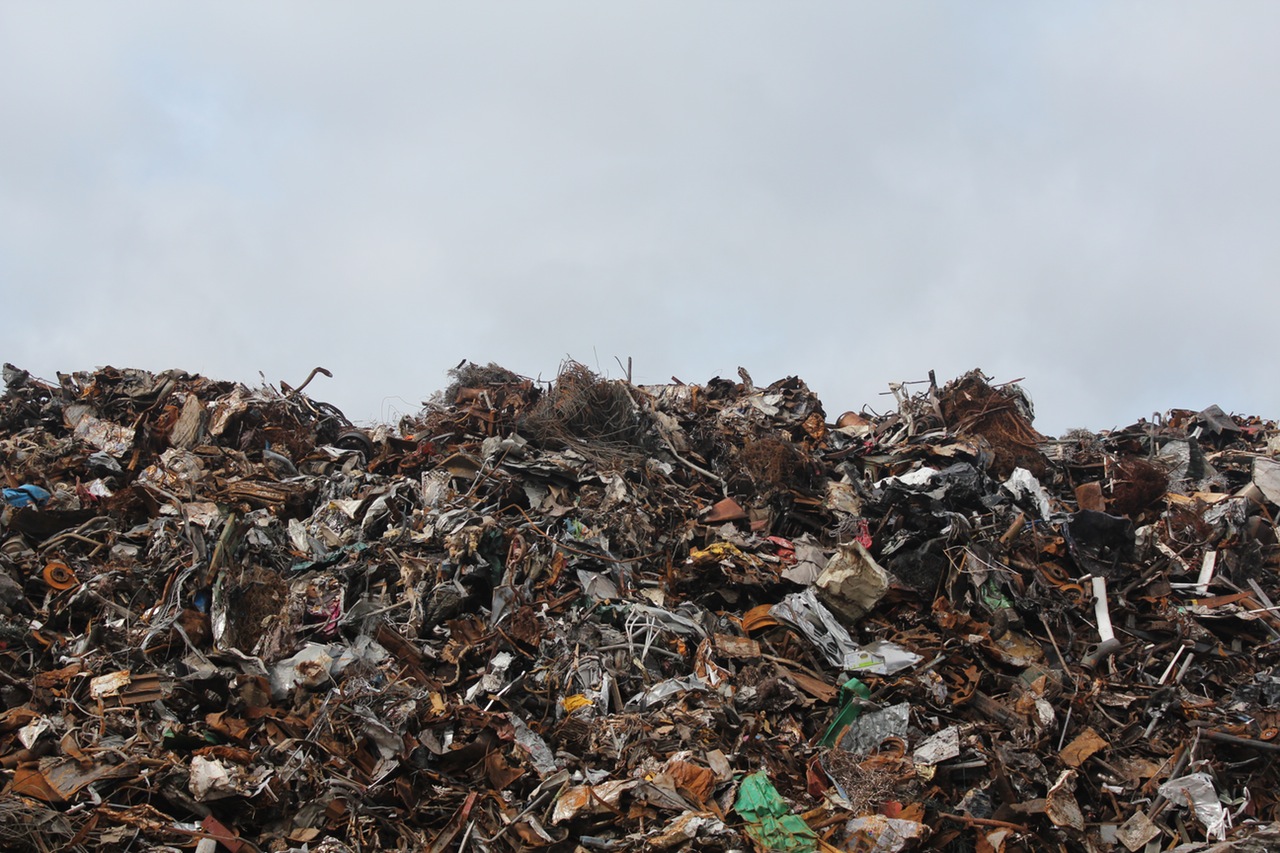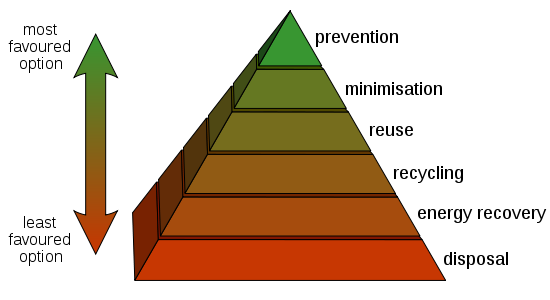Environmental Waste Management
Environmental waste management implies managing all sort of wastes that if left unattended will degrade surrounding environmental conditions and will affect nearby ecosystems adversely. Usually every country has government bodies that are in charge of environmental waste management and environmental protection. Government usually distributes these duties to different levels of government like provincial, municipal and local. In Canada, the responsibility for managing and reducing waste is shared among federal, provincial, territorial and municipal governments. Municipal governments are responsible for collecting, recycling, composting, and managing household waste disposal while provincial and territorial authorities approve and monitor waste management facilities and operations (Source: ec.gc.ca).

Environmental waste management involved creating and implementing a waste management system; and making it effective through creating laws, regulations, legislations and various waste discharge standards. The efforts need to be collaborated and coordinated at different government levels and becomes effective only if all the parties cooperate including the waste discharger or pollution emitters. Some countries have actually adopted various penalties and even imprisonments to the polluters who violate the waste disposal rules.
Various Environmental Waste Management Options:
‘Waste’ in general
represents any organic, inorganic, chemical or metal objects that is no longer
useful and needs to be discarded. To manage these wastes different approach can
be adopted and they are discussed below based on their desirability:

Source: By Drstuey at the English language
Wikipedia, CC BY-SA 3.0,
https://commons.wikimedia.org/w/index.php?curid=3518269
Prevention: Prevention is the best solution to any problem in including waste generation and disposal. During manufacturing of any product its proper disposal and following consequences should be planned through detail life cycle assessment. In this way, legal complication and environmental degradation both can be avoided.
Reduction/minimization: The best way to manage waste is to reduce its production at the source. For example, if we simply start to use less plastic bags, bottles and packaging we have to manage less plastic waste as a result. This is true for other domestic, commercial and industrial wastes as well. Source reduction of waste should be planned and considered at every facility and institution as an integral part of its waste management plan.
Reuse and Recycling: Recuse and recycling should always be considered before final disposal of any items. Reusable wastes like plastic bottles, cans, paper etc. should be source separated and dispose at designated places to facilitate reuse and recycling. Another example of waste reuse is treated wastewater that can be reuse as industrial process water, gardening, firefighting or agricultural purposes.
Energy Recovery: With recent advancement in waste-to-energy technologies it is possible to recover renewable energy resources from various waste products. For example, food waste and other organic wastes from our kitchen along with sewage sludge can be converted to biogas. Biogas, as it is can be used as a fuel but also can be upgraded to compressed natural gas and vehicle fuel for further beneficial use.
Disposal: The end option of waste management is waste disposal. Waste disposal should
be done in such a way that it has a minimal impact on the surrounding
environment and the ecosystems. Before disposing any waste, relevant waste
disposal guideline should be followed and in case of any non-compliance corresponding
authorities should be notified.
Go back to the EcoAmbassador Home
Discover more on Environmental Waste Management
Discover different Environmental Career Options
Total Visits to Site: